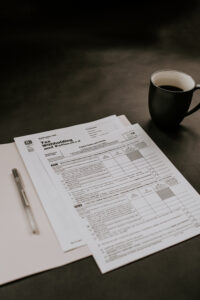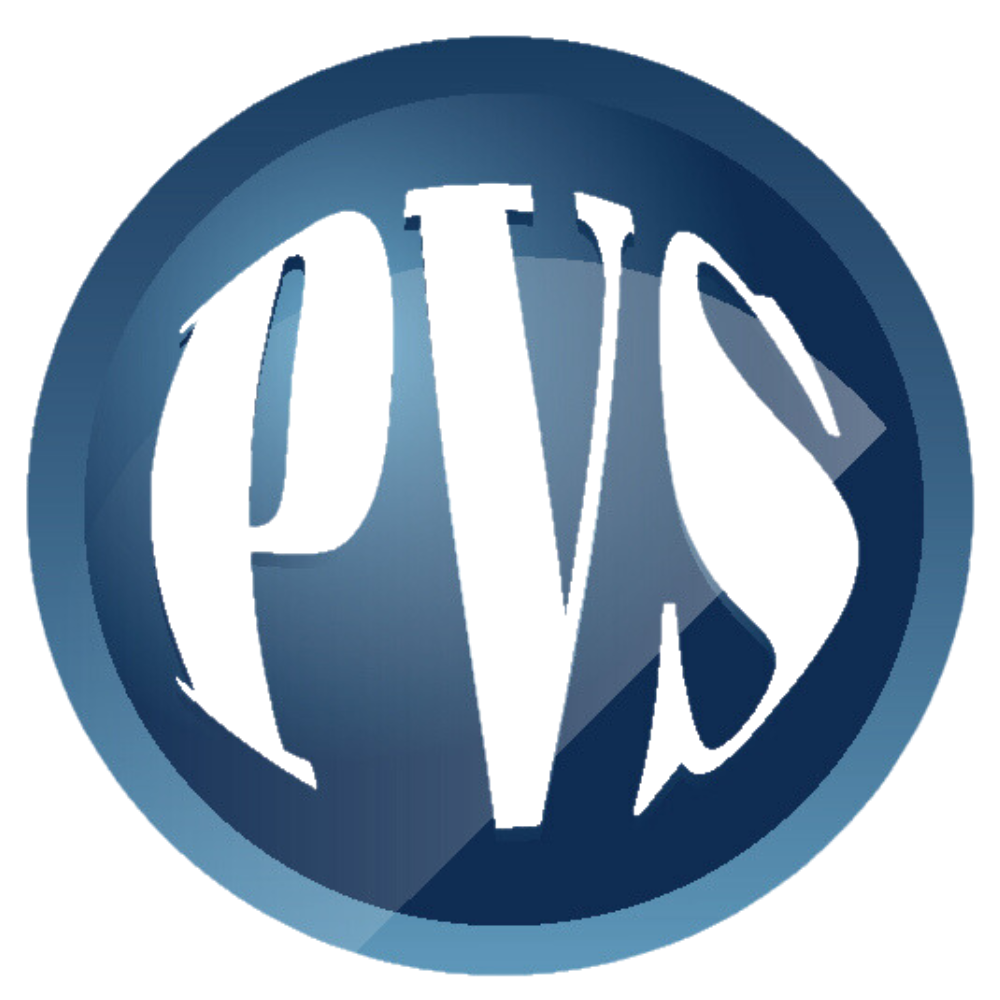
Reasons Your Business Personal Property Taxes Could Increase
Many states tax business personal property in addition to real property. Those that do tax equipment, require that an annual business personal property return be filed each year by a certain date. The local assessor’s office reviews the returns filed and calculates a taxable value for the equipment, most often by depreciating the cost of the taxable equipment reported on either their own local depreciation schedules or the state depreciation schedules. As a result, in most cases, newer equipment will yield a higher taxable value initially but will decrease over time in most places as the equipment receives another year’s worth of depreciation until it hits the residual depreciation factor for the schedule it’s being assessed on. There are a variety of reasons your personal property taxes may increase from the prior year.
Capital Expenditures During the Prior Tax Period
The most common reason is related to capital expenditures. If there are a large number of capital expenditures in a prior year, it is likely that the personal property taxes will increase. New construction or renovations of your business may require permits to be filed with local authorities. Based on these permits, an assessor may add value to a personal property account if they believe all or a portion of the cost is related to personal property and is not reflected on the annual business personal property tax return that was filed.
Assessors’ offices may also conduct field checks of businesses in their jurisdictions annually to ensure that all businesses in their respective jurisdictions are accounted for and are reporting an annual return. They may also request to tour the businesses to look for things like renovations or expansions, and they could potentially adjust the value they have on their tax rolls. Construction in progress that is equipment-related may also be taxable as personal property in some jurisdictions.
Audit Results
Another reason for your business property taxes to increase is if your business is selected for an audit. Audits are significant as they can impact not just the current year but preceding years as well — depending on the state statutes. Most taxing jurisdictions send out an annual business personal property return form notifying a taxpayer that they need to file. The forms often state the returns are subject to audit. Some states have very active audit programs (e.g. North Carolina, Tennessee, California to name a few). However, based on our experience, the majority of the states that tax business personal property do not have very active audit programs.
Regardless, if your business is selected to be audited, there is the potential that the audit discovers equipment that has either been omitted or erroneously not reported on the annual business listing submitted by the business. Additionally, equipment picked up in an audit may be penalized depending on the property tax codes for the local taxing jurisdiction. One example of omitted property would be certain types of fixed equipment or leasehold improvements. If the improvements are not already being accounted for in the real estate assessment for the property, the business personal property assessor may add them to the business personal property assessment.
Other types of omitted property may be expensed assets, inventory and/or supplies. Some taxing jurisdictions require businesses to report the amounts a business had on hand as of the lien date or possibly a one-month average of the balance and the balances are assessed at 100% of their cost.
Another reason your taxes can increase in an audit would be if the auditor disagreed with the depreciation schedule the assessor used to value the equipment and moved it to a slower depreciation schedule resulting in a higher taxable value for the equipment. Any discovery or increase in value from an audit could be subject to penalty. In North Carolina, audit penalties are steep. It starts as a 10% penalty on the additional taxes from the increase in assessment per the audit the first year, and the penalty increases an additional 10% each subsequent year included in the audit, assuming the equipment was owned as of the lien date for that tax year. That means if the audit covers four years and there is a discovery or increase in the assessment for whatever reason and it affects all four years being audited, you would be paying a 40% penalty on the increase in taxes from the audit for the oldest tax year being audited.
Assessors’ offices may also conduct field checks of businesses in their jurisdictions annually to ensure that all businesses in their respective jurisdictions are accounted for and are reporting an annual return. They may also request to tour the businesses to look for things like renovations or expansions, and they could potentially adjust the value they have on their tax rolls. Construction in progress that is equipment-related may also be taxable as personal property in some jurisdictions.
Leased Equipment
Leased equipment can also lead to an increase in business property taxes. Capital leases differ from operating leases in that operating leases are the responsibility of the lessor to report for business property tax purposes and seek reimbursement for the taxes from the lessee. However, capital leases can be either the lessor’s or the lessee’s responsibility to report to the local taxing jurisdiction the equipment is located in. It depends on the structure of the lease agreement. There are times when there is no clear language in the lease agreement to determine who’s responsible for reporting the equipment to the taxing authority and equipment can potentially be double reported by both the lessor and the lessee leading to duplicate taxation.
At times, this can be challenging to correct as the cost and description of the equipment can differ between the lease contract and how the equipment is ultimately booked to the fixed assets of the lessee. Additionally, we’ve seen instances where operating leases end and the lessor files a final return for the equipment stating the lessee retained the equipment when the lease ended, and the assessor then added value for the leased equipment to the lessee’s personal property assessment. However, it was later discovered that the equipment was returned to the lessor when the lease ended. Lastly, state statutes differ as to who is responsible to report leased equipment, regardless of the verbiage in the lease agreement.
Depreciation Tables
Another reason your property taxes can increase is due to the depreciation tables used by the local taxing jurisdiction for business personal property purposes. For example, in Arizona, for equipment reported at its original cost and date, the assessor applies an additional depreciation factor that increases every year until it eventually meets 100%. If you’re reporting equipment that has been re-booked, meaning it’s being reported at the cost and date your business acquired an existing asset as opposed to the original cost and date of the equipment, the equipment is not eligible for the additional depreciation in Arizona. Since the additional depreciation factor starts at 25% and increases over time, it results in an increase in the taxable value of the equipment until the additional depreciation factor goes to 100%. The number of years the additional depreciation factor is used depends on the year-life schedule the equipment is assessed on.
Additionally, for most depreciation schedules used to value the business personal property in Indiana, the factor used increases from the first year to the second year on new equipment purchases, so the taxable value of the equipment increases in the second year it’s owned before beginning to decline. Your property taxes can also increase due to the local taxing jurisdiction increasing their residual depreciation factors for the various schedules used to value the equipment. For personal property tax purposes in most taxing jurisdictions and most depreciation schedules, the taxable value of the equipment does not depreciate all the way down to zero. As long as it’s still owned by the business, it will eventually hit a residual factor where it will be valued until the equipment is no longer at the facility. How low the factor goes depends on the useful life of the asset, but an increase in any of these factors can lead to significant tax increases if your business has a lot of older equipment.
Abatement or Exemption Expiration
One reason you might see an increase in your property tax liability from the prior year is the expiration of an exemption or abatement from property taxes. Some local taxing jurisdictions will give businesses a partial abatement for a certain number of years to promote the development of an area.
For example, in Nevada, there is a 10-year and a 20-year partial property tax abatement for data centers if they meet certain state requirements, including investing a certain amount of capital assets in the county in the data center resides and requiring a certain percentage of employees engaged in the construction of the data center be residents of Nevada. In some instances, a business may be able to negotiate favorable tax treatment for a period, that typically is also tied to an agreed-to capital investment during the period of the preferential tax treatment. When these exemptions end or begin to be phased out, it can lead to a substantial increase in property tax liability that must be taken into account for budgeting purposes.
Tax Rate Increase
One somewhat unforeseen reason your property taxes can increase is due to an increase in the tax rate adopted by the local taxing jurisdiction. Most of the property tax revenue collected by local taxing jurisdictions go towards various government departments and projects within their jurisdiction, (for example, upgrades to existing roads or schools within the jurisdiction). Therefore, local taxing jurisdictions may increase their property tax rates to fund these projects. Some jurisdictions will list on the notice the budgeted tax rate if certain propositions are approved locally. Sometimes, these tax rate increases can be substantial. In 2020, the property tax rate in Nashville, Tennessee increased 33% from the prior year.
Assessor Errors
Another unforeseen reason your property taxes could increase is due to an error in the calculation of the personal property tax return. Assessors in bigger taxing jurisdictions process a large number of personal property tax returns, sometimes in a short period of time, and mistakes can be made. We’ve seen instances where an assessor’s office does not remove a deletion if it’s a larger piece of equipment that seems integral to business operations and there is nothing that appears to have replaced the equipment. Or they may ask for a disposal date before removing the equipment. Other times the deletions can just get overlooked by the assessor.
Additionally, there can be clerical errors. If the assessor were to accidentally key in another digit when entering in the costs reported by the taxpayer, it could significantly increase their property tax burden for the year. If these errors are found prior to the deadline to appeal the account, they typically can be corrected after discussions with the assessor and provide additional documentation if necessary.
Let PVS Assist With Personal Property Tax Renditions
For these reasons stated above — as well as the ever-changing landscape of property taxes — it may prove helpful to engage a property tax professional to provide not only the preparation of the personal property tax renditions, but also aid in the budget of expected taxes to ensure that your business is planning accordingly.

The local assessor’s office reviews the returns filed and calculates a taxable value for the equipment, most often by depreciating the cost of the taxable equipment reported on either their own local depreciation schedules or the state depreciation schedules.
Recent Posts



